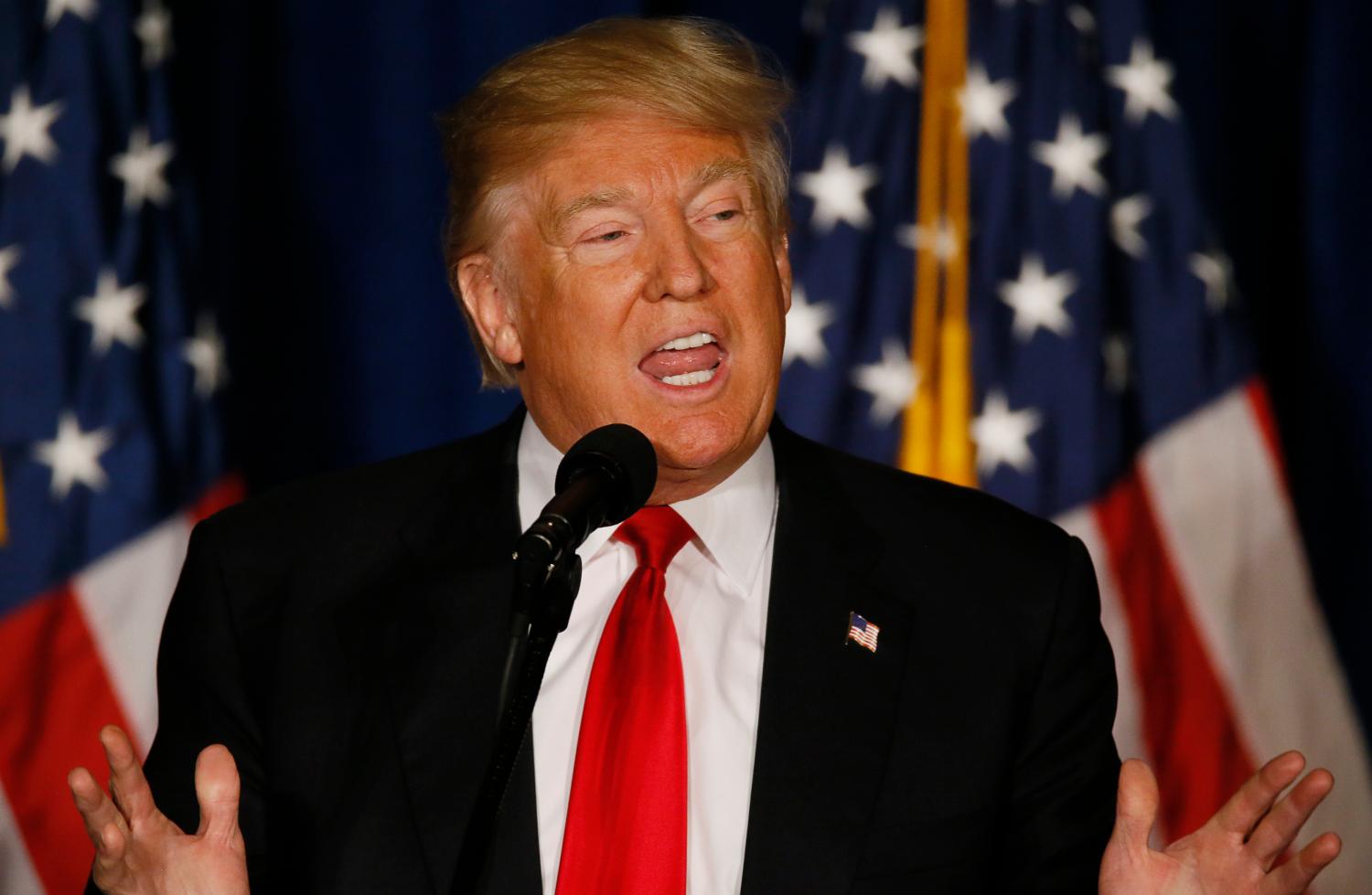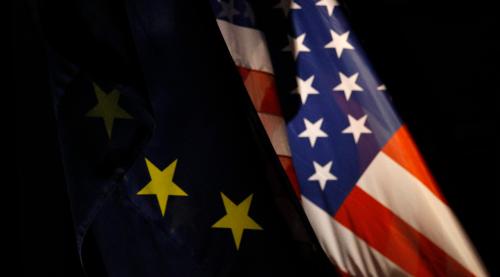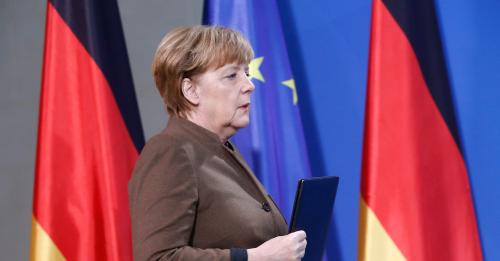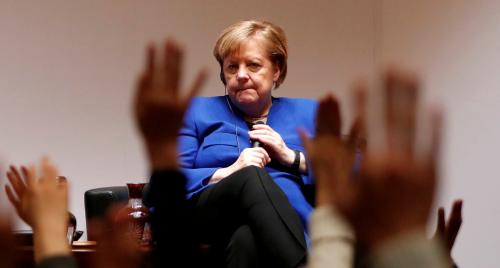Even if the United States elects Hillary Clinton as president on November 8, Trump has wreaked havoc on his party, on his country, on the United States’ alliances, and on its standing in the world, writes Constanze Stelzenmüller. This piece was originally published by the Washington Post.
Watching this dystopian U.S. election season unfold from afar has been unnerving for most Europeans. For me, as a German currently living in Washington, in a country I have deep affection for and thought I knew, it’s been a wrenching experience.
I’ve felt an easy familiarity with the United States for almost as long as I can remember. I lived here for four years as a child; my parents eagerly explored the country with us, from coast to coast. Their enthusiasm was rooted in their wartime experience as adolescents liberated by American troops. They left no doubt about the horrors of the Holocaust and German crimes. The United States’ magnanimity, its willingness to help rebuild democracy in our ruined country: These were gifts to be grateful for.
I went to law school and from there to graduate school in the United States. Call me a nerd, but I was thrilled by the “Federalist Papers.” Different as our constitutional systems are, they share a profound commitment to the rule of law over force, to checks and balances and to the protection of the powerless.
Some of my teachers in the United States were Jewish refugees from Nazi-occupied Europe. One of them, who had escaped from Riga, Latvia, at 13, taught the history of U.S. political thought. She was fiercely insistent that we had to understand the crucial importance of constitutional government as a check on abuses of power. Listening to her (often with a lump in my throat), I wondered whether my American-born classmates truly grasped what she meant when she talked about cruelty as the greatest evil. I thought I did.
Fast-forward to 9/11 and the “global war against terror.” I was a journalist by then, and had been to Afghanistan. I was appalled to hear President George W. Bush’s lawyers arguing that torture and detention without trial ought to be permissible because the West was now in a permanent “state of emergency.” The phrase was coined by Carl Schmitt, legal enabler and crown jurist of the Third Reich, unrepentant to his death.
Still, I put my faith in the self-correcting abilities of American democracy—a resilience sharpened by the memories of injustice and persecution suffered by so many refugees before they found sanctuary in this country. In 2008, 200,000 Germans (I among them) thronged to hear the Democratic candidate speak in Berlin. They saw this man of a mixed-race background and cosmopolitan experience as a living bridge between the United States and the rest of the world. One of President Obama’s first promises in office was that he would shut down Guantanamo Bay. That he has failed to do so disappointed many. Including me.
And now the 2016 election. I was certain that the Republican front-runner’s campaign was over the day in early July when he tweeted a Star of David, with an implicitly anti-Semitic message. In today’s Germany, this would have meant instantaneous, irredeemable disgrace. (Except for our own extreme right. They have been cheering Donald Trump every step of the way.)
When the campaign roller coaster continued unchecked, I understood that we were in uncharted territory.
When the campaign roller coaster continued unchecked, I understood that we were in uncharted territory. Recently, the head of the Anti-Defamation League felt obliged to remind Trump to “avoid rhetoric and tropes that have historically been used against Jews.” He said this to the man who would be president of a country that in 1941 sent its sons and daughters to war against Nazi Germany and rescued Europe’s Jews from obliteration.
Not that this is the only taboo shredded by the Republican candidate. The list is impressive. The United States’ alliances: overrated. The media: corrupt. The elections: rigged. Endorsement by the Ku Klux Klan and the alt-right universe: so what? Muslims and illegal immigrants: will be deported. Refugees: should stay away. The Democratic candidate: will be locked up if she loses. After the third presidential debate, Trump said he would accept the election outcome only if he won. It was not the first time he had suggested the possibility of retributive violence: force over law.
The United States’ Founding Fathers might have called all this sedition. Certainly what sets Trump apart from any major U.S. politician—let alone presidential candidate—in living memory is his overt, chilling contempt for the fundamental principles of the Constitution. That is familiar to a German in the worst possible way.
True, most polls now suggest the election is already over. But that all this could even happen here — and that Trump still has a respectable following — remains profoundly shocking.
Even if the United States elects Hillary Clinton as president on Nov. 8, Trump has wreaked havoc on his party, on his country, on the United States’ alliances, and on its standing in the world. And the challenge of Trumpism remains. We have our own home-grown populists in Europe, of course. But his success is encouraging them. Because if it can happen here, it can happen anywhere, and to us. Rumor has it that Breitbart News—the media command center for the U.S. alt-right movement—is planning to open offices in France and Germany, in time for next year’s elections in both countries.
So, yes, Americans, we Germans feel we have a special stake in this vote of yours. But a lot suggests that the feeling ought to be mutual. Perhaps we can figure out how to turn around this dark tide together.
The Brookings Institution is committed to quality, independence, and impact.
We are supported by a diverse array of funders. In line with our values and policies, each Brookings publication represents the sole views of its author(s).









Commentary
Why the U.S. election is terrifying to this German
October 31, 2016